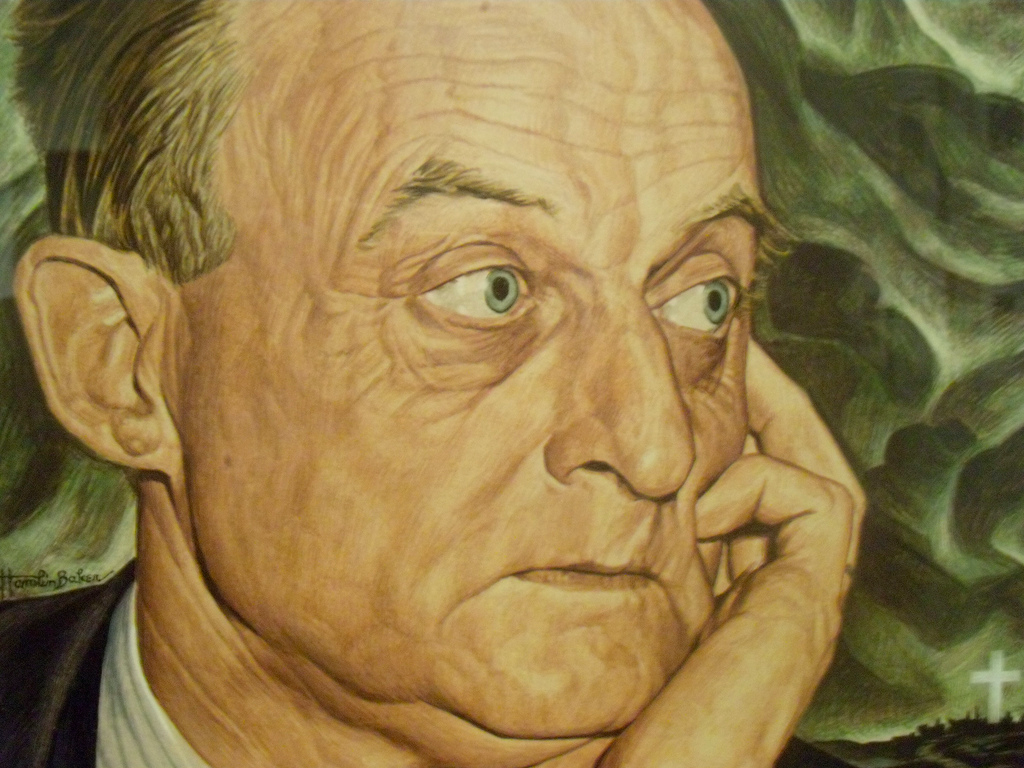As I write these words, American pundits and political junkies are struggling to come to terms with some curious, even alarming, developments. Donald Trump has claimed the Republican presidential nomination while advocating a ban on Muslim immigration to the United States and the construction of a wall along the Mexican border. While many would blame his rise on the particular dysfunction of the G.O.P. or of America’s political culture more generally, a larger context makes that view impossible. A populist and sometimes xenophobic campaign succeeded in persuading British voters to leave the European Union. Marion Maréchal-Le Pen has risen as a charismatic new star of the French right; Germany buzzes with the possibility of a backlash against Angela Merkel’s openness to Middle Eastern refugees. In May, Austria’s Norbert Hofer came within a percentage point of becoming the first far-right leader since World War II to win a national election in Europe. Far-right parties in the Netherlands, Poland, and even the traditionally liberal Northern European countries are enjoying a similar renaissance. The terms “nativism,” “reactionary,” even “fascism” appear in political conversation with increasing regularity. Though few of these leaders profess deep religious commitments, their popularity seems driven in significant part by religious ressentiment — an awareness of the decline of Christian (or “Judeo-Christian”) civilization and a determination to arrest and, if possible, reverse that decline.
Political liberals who long expected to live in an increasingly liberal world may find themselves disoriented by these manifestations, whose nature they are ill prepared to understand, and they certainly wish such “forces of reaction” would just go away. But these forces will not go away. If we were to wish for something less fantastic than the disappearance of our political opposites, we might think along these lines: It would be valuable to have at our disposal some figures equipped for the task of mediation — people who understand the impulses from which these troubling movements arise, who may themselves belong in some sense to the communities driving these movements but are also part of the liberal social order. They should be intellectuals who speak the language of other intellectuals, including the most purely secular, but they should also be fluent in the concepts and practices of faith. Their task would be that of the interpreter, the bridger of cultural gaps; of the mediator, maybe even the reconciler.
Half a century ago, such figures existed in America: serious Christian intellectuals who occupied a prominent place on the national stage. They are gone now. It would be worth our time to inquire why they disappeared, where they went, and whether — should such a thing be thought desirable — they might return.
